MRI systems are so robust and require so much infrastructure that they need their own dedicated room—until recently.
A portable magnetic resonance imaging (MRI) system, or point of care (POC) MRI machine, is a compact, traveling device that’s designed for patient imaging outside of the traditional MRI suite (e.g., emergency rooms, ambulances, rural clinics, field hospitals, etc.)



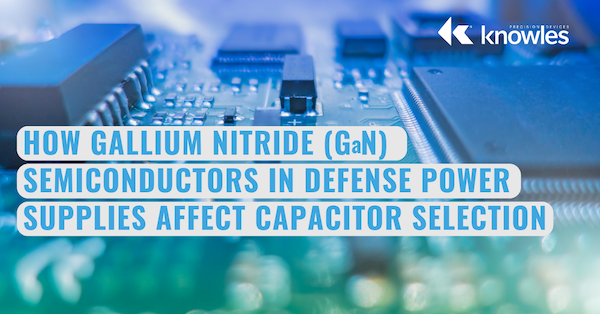
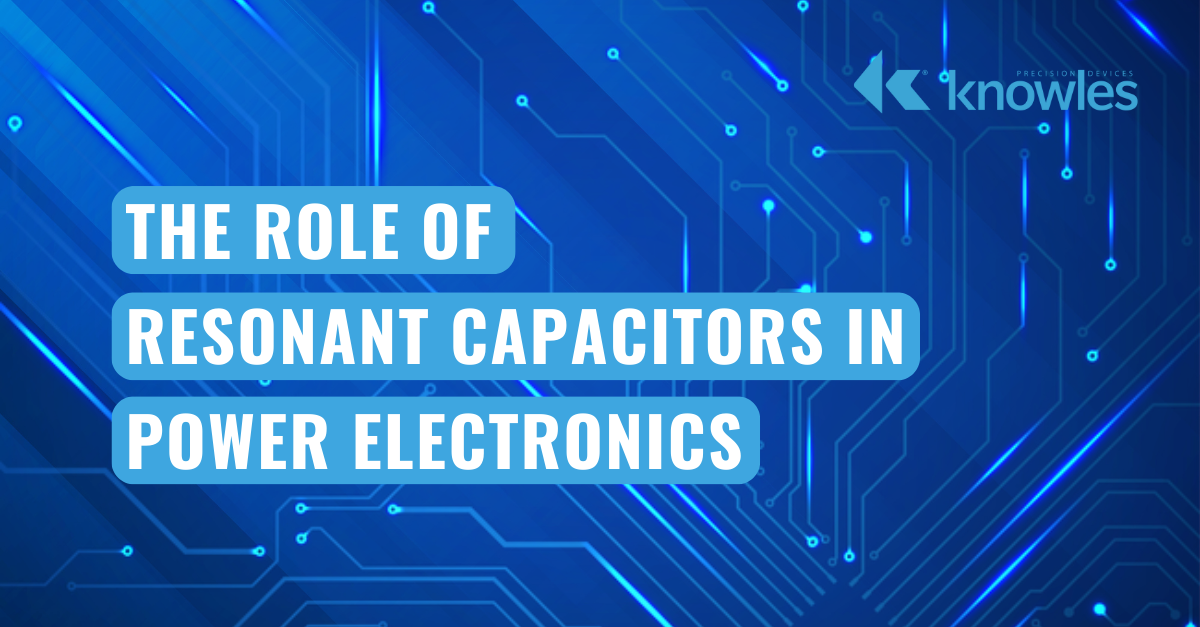
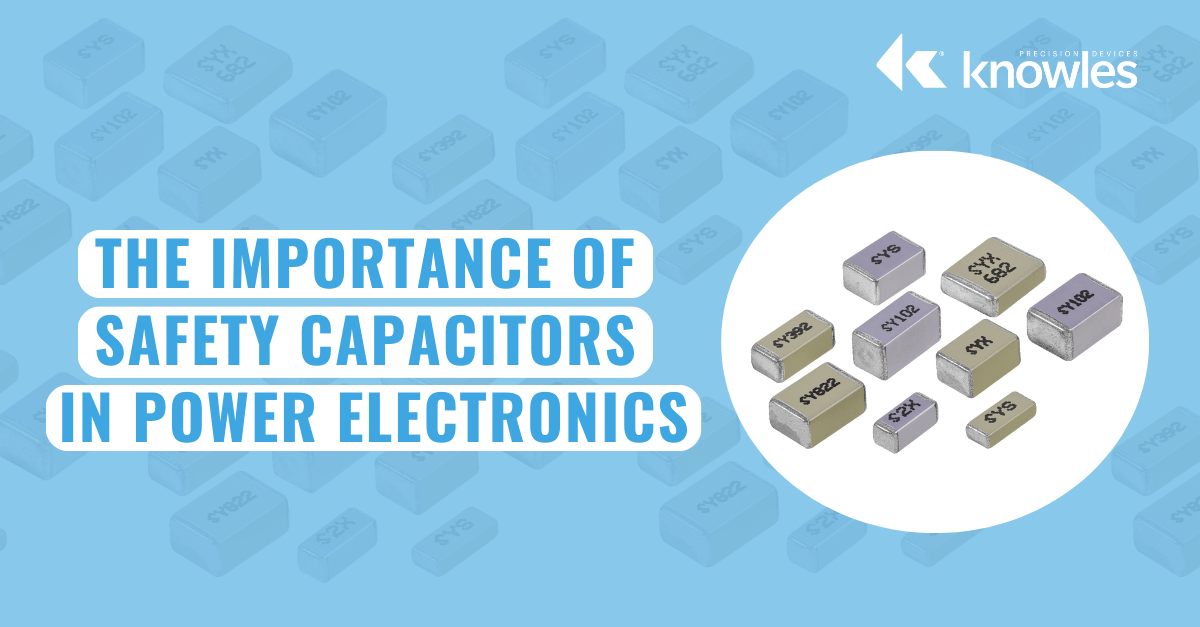

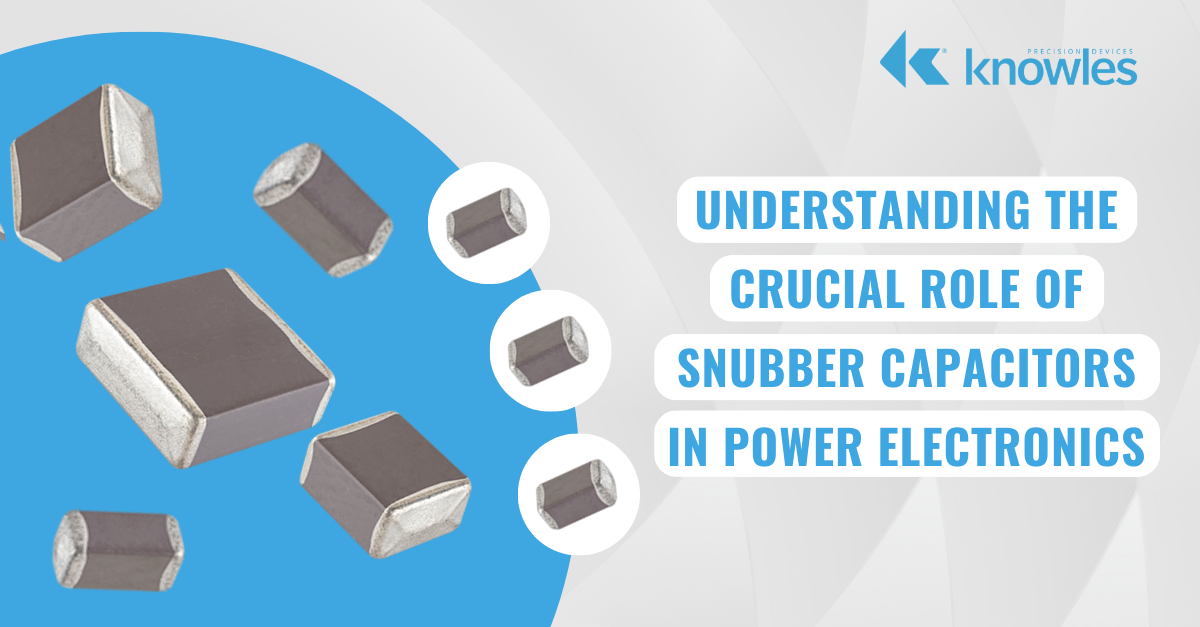

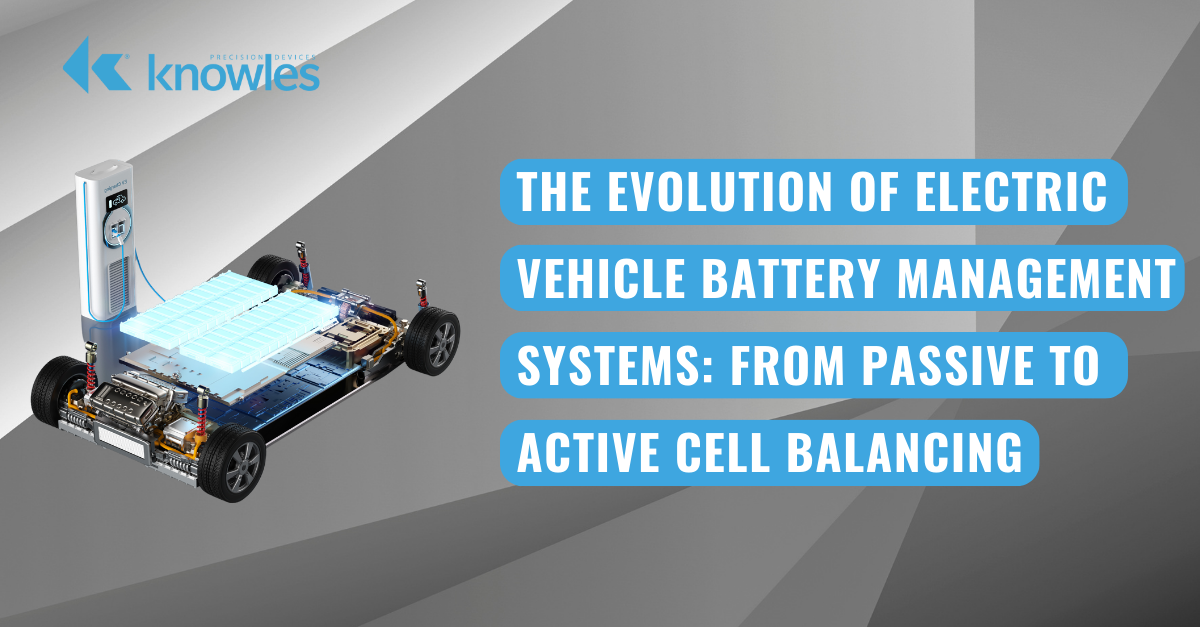
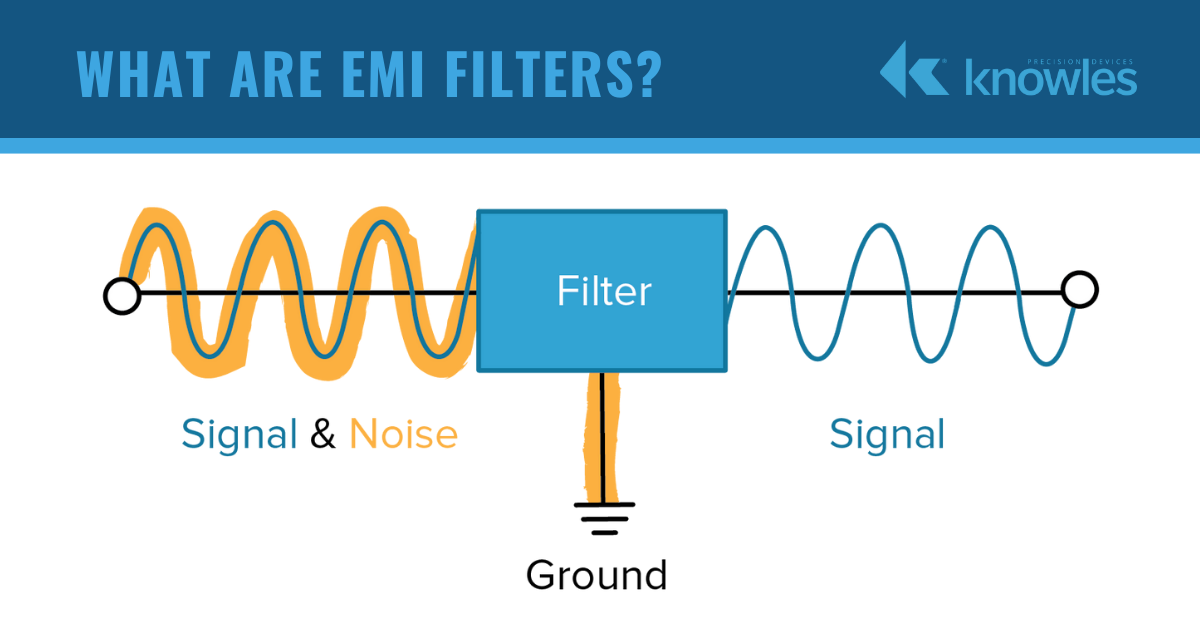
.png)